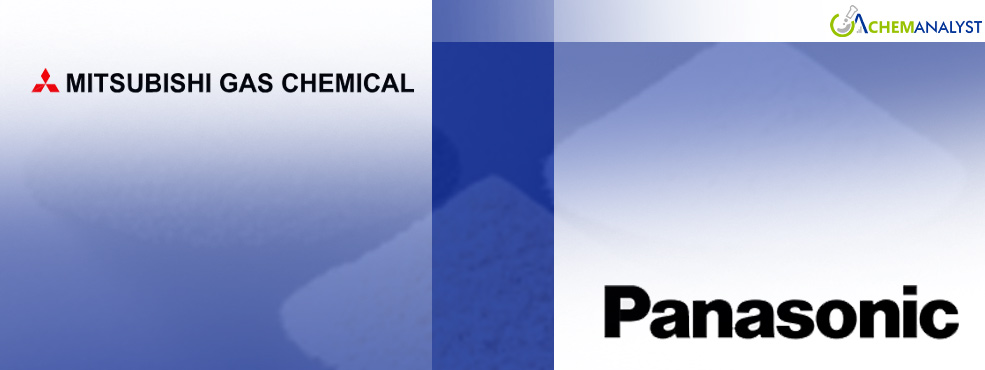Welcome To ChemAnalyst

Mitsubishi Gas Chemical Company, Inc. (MGC), headquartered in Chiyoda-ku, Tokyo and led by President Yoshinori Isahaya, has announced a significant development in eco-friendly materials through a collaboration with Panasonic Electric Works Company. Together, they have succeeded in creating a more environmentally sustainable urea resin using methanol derived from carbon dioxide (CO2), a process that cuts CO2 emissions by approximately 20–30% compared to traditional methods.
The new urea resin is specifically designed for use in wiring devices such as electrical outlets. Production involves MGC’s subsidiary, MGC Woodchem Corporation, which uses CO2-based methanol to manufacture formaldehyde. This formaldehyde is then supplied to Panasonic, which utilizes it to produce the environmentally friendly urea resin. Panasonic plans to integrate this new material into its wiring device products starting in 2025 or later.
Despite its eco-friendly origins, the newly developed urea resin retains the same molding and physical characteristics as conventional versions. This allows manufacturers to continue using existing equipment and production processes without compromising the quality or performance of the final products. As a result, the new resin offers a seamless transition for manufacturers while contributing to sustainability by lowering the embodied carbon content in buildings that use these components.
Urea resin, a thermosetting plastic formed from the reaction of urea and formaldehyde, is commonly used in electrical components due to its high resistance to electrical tracking and arcs. Although the hardened resin cannot be melted and reshaped, making it non-recyclable, MGC and Panasonic's innovative process effectively incorporates carbon recycling. This is achieved by using methanol—originally produced from CO2—as a key raw material in the production of the resin.
MGC has long possessed the technical expertise and infrastructure to manufacture methanol from sources such as CO2, waste, and biomass. This green methanol can be used as a fuel or a raw material for a wide range of everyday products. The company has launched a strategic initiative called Carbopath™, which serves as a platform for advancing the development and distribution of sustainable methanol. Carbopath™ aligns with global efforts to move toward a decarbonized and recycling-oriented society.
Looking ahead, MGC aims to strengthen cross-sector partnerships, encouraging collaboration with related industries and local governments. Through these alliances, the company hopes to further expand the production and utilization of green methanol, paving the way for broader adoption of low-carbon technologies across multiple sectors.
We use cookies to deliver the best possible experience on our website. To learn more, visit our Privacy Policy. By continuing to use this site or by closing this box, you consent to our use of cookies. More info.
